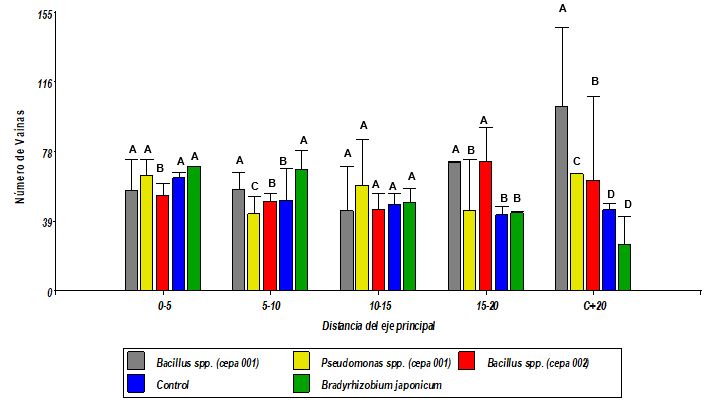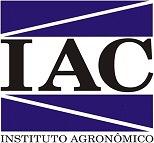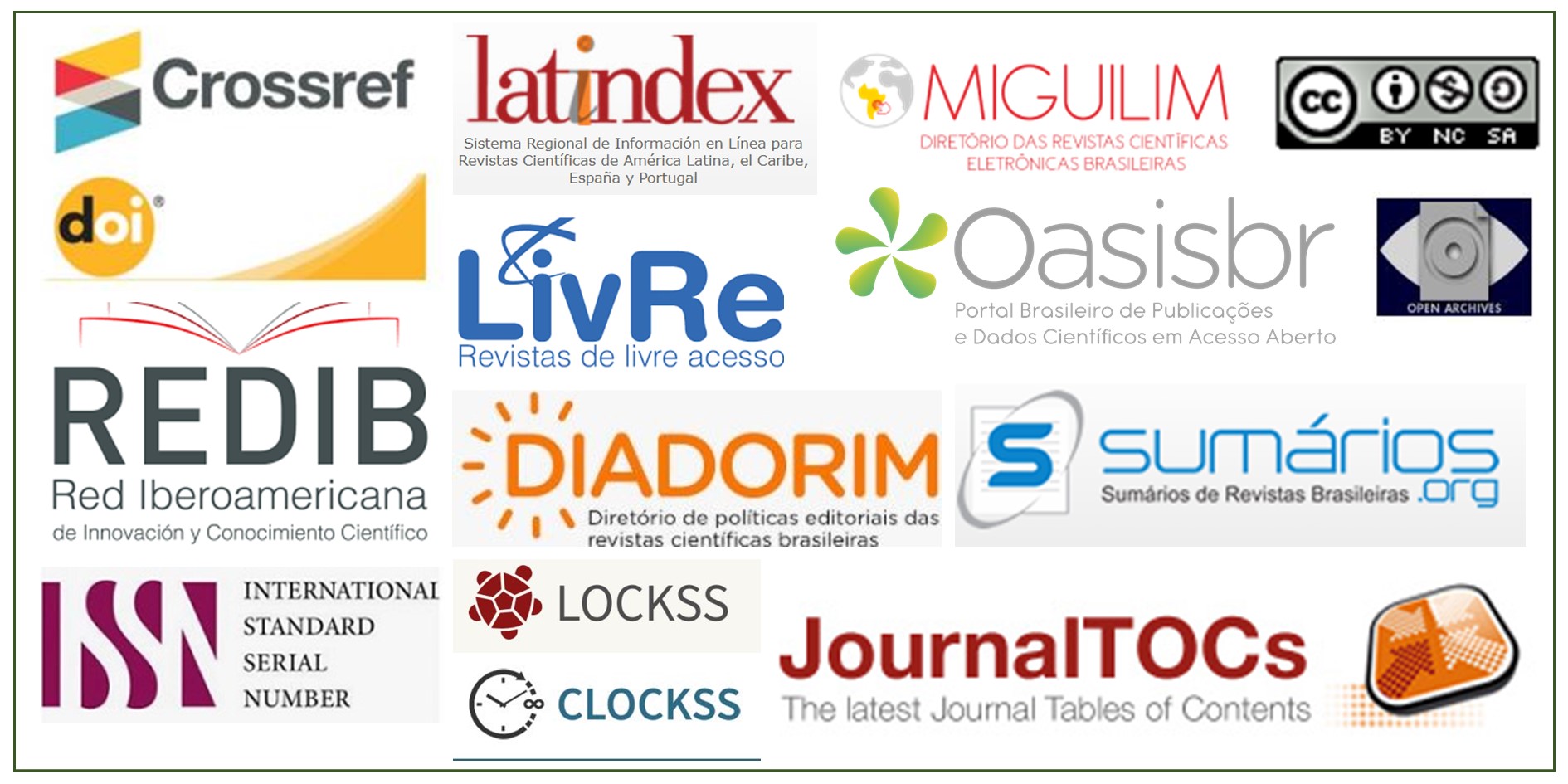Plant Growth Promoting Rhizobacteria (PGPR) and its effects on flowering, grain ontogeny and the granometry in peanut (Arachis hypogaea L.).
DOI:
https://doi.org/10.17648/sas.v1i2.59Keywords:
PGPR, PEANUT, BACILLUS, PSEUDOMONAS, FLOWERING, GRANOMETRYAbstract
Córdoba is the most important Argentina province that produces peanuts in an average of 280-310 thousand hectares per year. The need to increase yields and to reduce the environmental impacts determine the potential use of the Plant Growth Promoting Rhizobacteria (PGPR), as a productive alternative. PGPRs can stimulate the growth of crops by directly or indirectly process and it includes the genera Pseudomonas and Bacillus. The growth stimulation of the PGPR habitually occurs by the production of phytohormones and the solubilization of nutrients that affect, among other parameters, the crop reproductive stages as flowering, pod set and seed yield. In this trial, the genera Pseudomonas and Bacillus, native strains isolated from peanut area, were used and their effects on flowering, pod set, grain ontogeny of the Granoleico cultivar were evaluated. Bacillus spp. affected positively early reproductive stage (flowering) concerning the treatments and, it increased the reproductive efficiency (+ 12%) and the seed number (+ 50%) of the highest calibers (9-10 mm mean grain diameter) respect to control treatment. Pseudomonas spp. strain 001 produced a slight modification in reproductive efficiency (+ 1%) but it increased the seed yield (+ 45%) respect to the control. The observed changes suggested the plant-microorganism interaction, where PGPR affected the flowering processes, the reproductive efficiency and, consequently, the pod set.
Downloads

Downloads
Published
How to Cite
Issue
Section
License
Autores concordam com os seguintes termos:
a) Os autores mantêm os direitos autorais e concedem à revista o direito de primeira publicação, com o trabalho simultaneamente licenciado sob a LicençaAttribution-NonCommercial-ShareAlike 4.0 International, que permite o compartilhamento do trabalho com reconhecimento da autoria e publicação inicial na Revista SAS. A licença permite o uso, a distribuição e a reprodução irrestrita, em qualquer meio, desde que devidamente citada a fonte. Essa licença permite também que outros remixem, adaptem e criem a partir do seu trabalho para fins não comerciais, desde que atribuam a você o devido crédito e que licenciem as novas criações sob termos idênticos.
b) Não cabe aos autores compensação financeira a qualquer título, por artigos ou resenhas publicados na South American Sciences.
c) Os conceitos expressos nos artigos publicados na South American Sciences são de inteira responsabilidade de seus autores.








